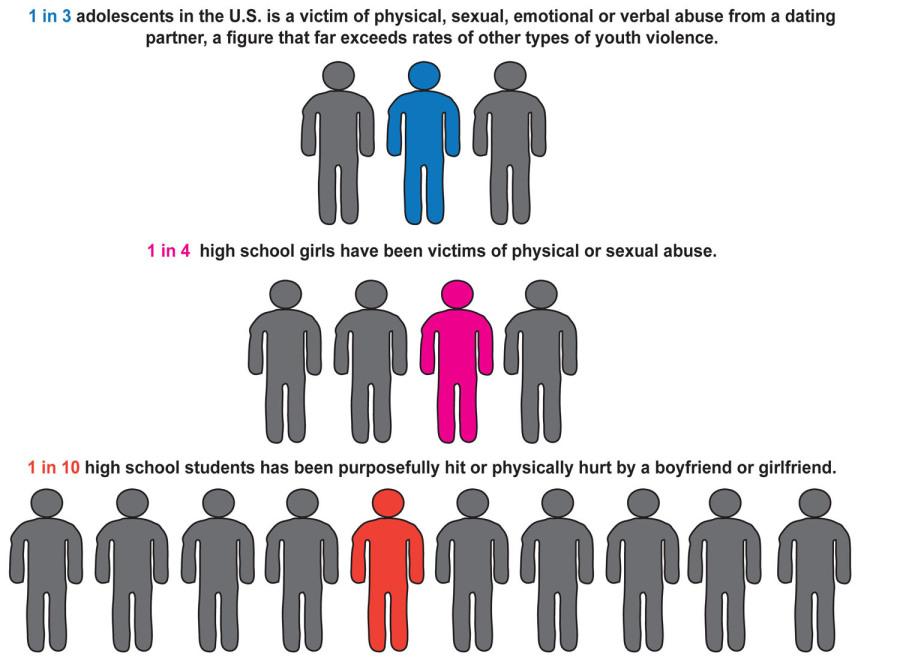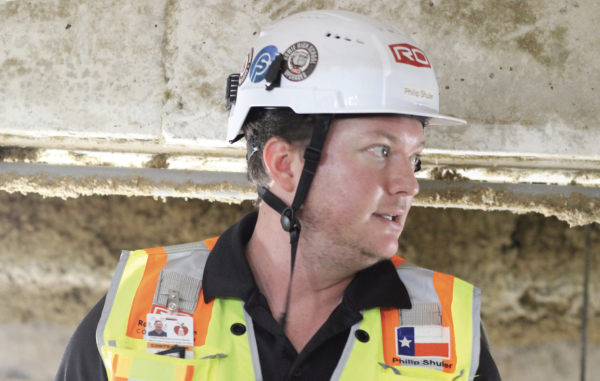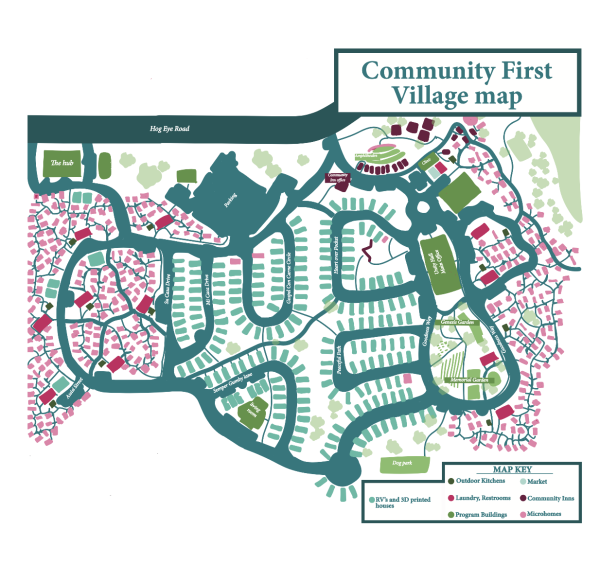Safe Place offers protection for all abused students
Counseling helps students gain strength
Annually millions of young teens undergo brutal abuse, whether it be domestic violence, bullying at school, or sexual violence.
“There is so much of that happening on campus and nobody wants to talk about it and I think It needs to be talked about,” counselor Kate Kopke said. “Everybody has relationship problems and it all starts in high school because that’s when you really start relationships.”
Austin ISD is teamed up with an organization called Safe Place, which provides students with the care and counseling needed to help them through their tough times. School counselors encourage students to speak up about their conditions so they can be addressed and resolved.
The program targets students who are in unhealthy peer or dating relationships, involved in bullying, have difficulty managing anger, are socially isolated, worry about making their partner angry or jealous, use alcohol or drugs, are pregnant or parenting, or who may have experienced any form of violence or abuse.
“Students who are dealing with any sort of violence can tell any of their counselors, they can tell a teacher, their friends can tell anybody and then all those people would contact me, because I’m the contact and I will transfer their name to the Safe Place counselors,” Kopke said.
Bowie is a part of Safe Place’s Expect Respect program, which engages school personnel, parents and community organizations in promoting healthy relationships, creating safe school environments and responding to incidents of violence and abuse.
The Expect Respect groups serve vulnerable youth who have experienced violence in their homes or dating relationships. Support groups help teens heal from past abuse, learn skills for healthy relationships, and prevent future victimization and perpetration.The Majority of students who are part of the program on campus receive referrals from teachers.
“Somebody usually recommends students and it’s usually very anonymous, so the student rarely knows that their name was brought up,” Kopke said. “Then the counselor does what is called an intake interview in which the student gets to decide if they want to join, so it’s not mandatory at all.”
On campus meetings are held every week in the viewing room of the library. There is a boys group led by Safe Place counselor Nathaniel Morgan and an-all girls group led by Safe Place counselor Christina Foxhall.
“Young adolescents should seek help from a responsible adult if they are facing any abuse,” Morgan said. “They shouldn’t be ashamed or embarrassed about it.”
According to the Expect Respect website, a former female support group participant said, “My counselor helped me understand that the abuse was not my fault. She also taught me ways to relax when I was feeling anxious in class.”
A recent survey conducted by the Centers for Disease Control and Prevention results showed that nearly 1.5 million high school students nationwide experience physical abuse from a dating partner in a single year and only 33 percent of those teens ever inform anyone about it.
“I would say that there are more kids even here on campus that would benefit from Safe Place than kids who are utilizing it,” Kopke said. “More kids should join it that may not think they need it because I believe that people think whatever they are dealing with may not be big enough for them to be in a group for, but that’s not the case, they can most likely benefit from this program.”
According to the expect respect website, a former male support group participant said, “I realized that my girlfriend was pressuring me to do bad things. I kept getting into trouble around her when I was with her, so I broke up with her, because it was not a healthy relationship.”
Aside from their in-school weekly expect respect counseling sessions, Safe Place has several other programs and services to offer including a 24-hour hotline (512-267-SAFE), supportive housing for families and women leaving shelter, case management which is their short-term emergency financial assistance, and community education which consists of presentations and training on the issues of sexual harassment, sexual assault or abuse, domestic violence and other related topics.
Your donation will support the student journalists of James Bowie High School. Your contribution will help cover our annual website hosting costs. Any contributions made through this service are NOT tax deductible. If you would like to make a tax deductible donation OR to subscribe to our print edition, please contact us at [email protected].







